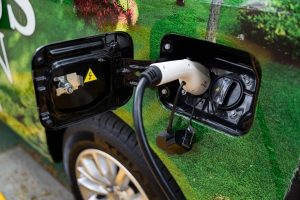
Coca Cola, C40 Cities, Solfium, SustentaBe and Walmart as Major Drivers for Corporate Decarbonization
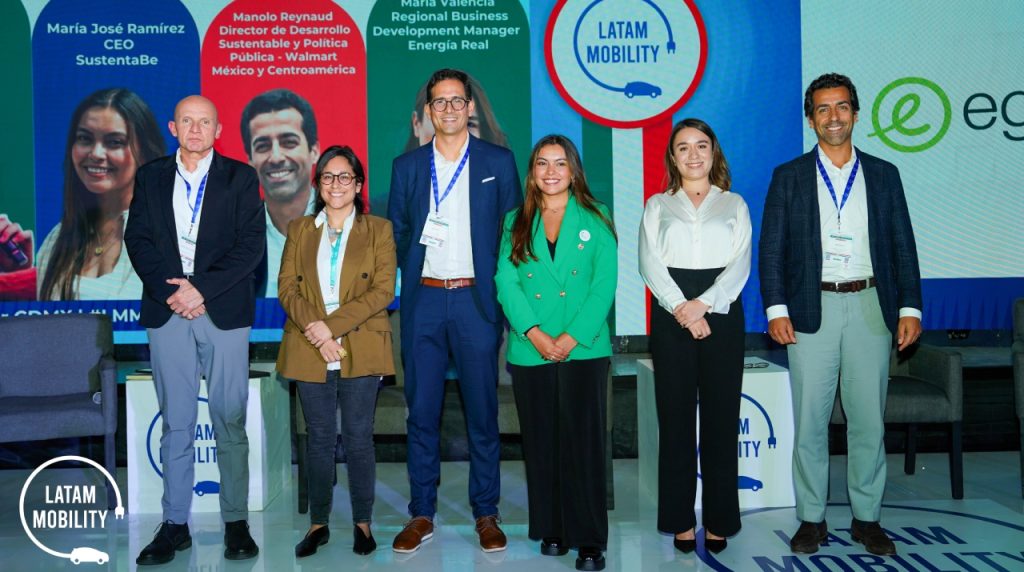
The “Latam Mobility & Net Zero: Mexico 2024”, had as a topic of conversation on the agenda “The Decarbonization of the Corporate and Industrial Sector in Mexico”.
Daniel Felton, Representative of Solfium, a Mexican-Canadian company focused on accelerating and simplifying the adoption of solar energy in corporations through distributed solar solutions, connected solar panels with great traceability and scalability.
“Solar energy is the cleanest and cheapest, there are no projects more profitable than putting photovoltaic solutions. These are projects that have a return on investment between two and four years,” Felton said.
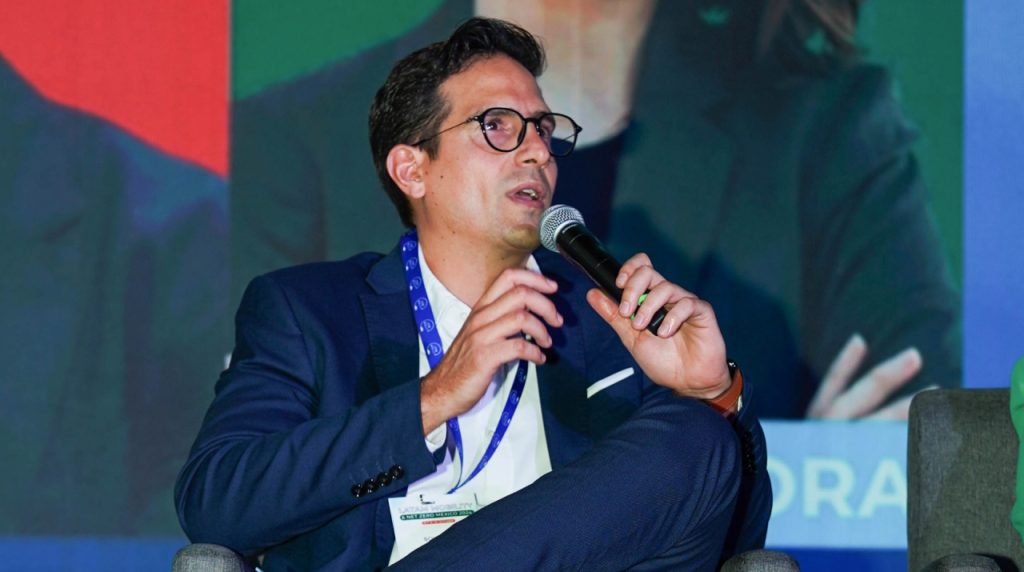
“These solutions generate profitability and efficiency, on the contrary of being more inefficient, those who do not seek them will be less competitive,” he emphasized.
SustentaBe’s Consulting
María José Ramírez, CEO of SustentaBe, emphasized that the company’s focus is to provide consulting on corporate sustainability issues to measure impact, establish reports, among others.
“We support companies in those processes, we boost your business through sustainability. Decarbonization may be a challenge, but it is a long-term competitiveness,” she said.
Ramirez argued that there is a great opportunity to have a “green profitability”, since they can not only mitigate risks, but improve operational efficiency and at the cost level through clean technologies.

“We have to listen to the needs of the market to provide sustainable services and products, we must remove the paradigm. It’s not just the environment, but working with communities. Think about how we are going to impact, and one strategy is the optimization of the value chain and the environmental impact of suppliers,” she concluded.
Coca Cola’s Evolution
Ricardo Nettel, Director of QSE and Sustainability at Coca-Cola FEMSA participated in the panel of experts at Latam Mobility Mexico, to present the company’s progress in terms of sustainability and decarbonization.
The executive considers the balanced evolution key to avoid making a transition in an abrupt manner that affects the market and the distribution of products.
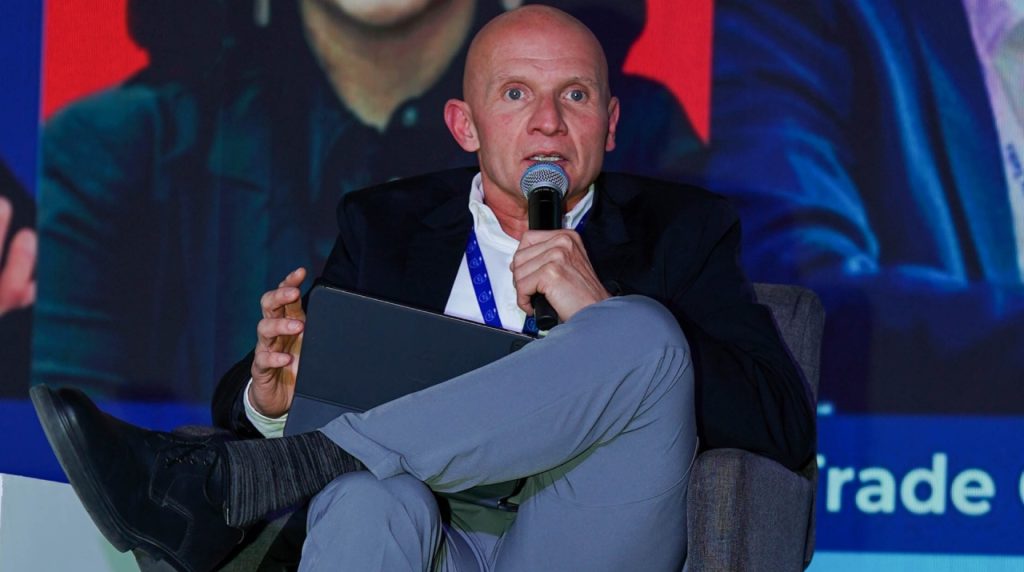
“We operate in 10 countries in Latin America. Part of our principles is innovation. Since 2015 we started incorporating electric vehicles and we will close 2023 with 900 units,” he detailed.
Nettel emphasized that Coca Cola’s sustainability strategy focuses neither on the long nor the short term, but on the balance to grow through technology and alliances.
Public Sector Impact
Gabriela de la Torre Ríos, Head of Zero Emission Vehicles in LATAM of C40 Cities, explained that they operate as a network of cities where mayors support the implementation of climate actions with emissions reduction.
“Our work focuses on the decarbonization of the transportation sector. At the regional level, we promote zero-emission vehicles, supporting electrification in Latin America. This is our priority,” she explained.
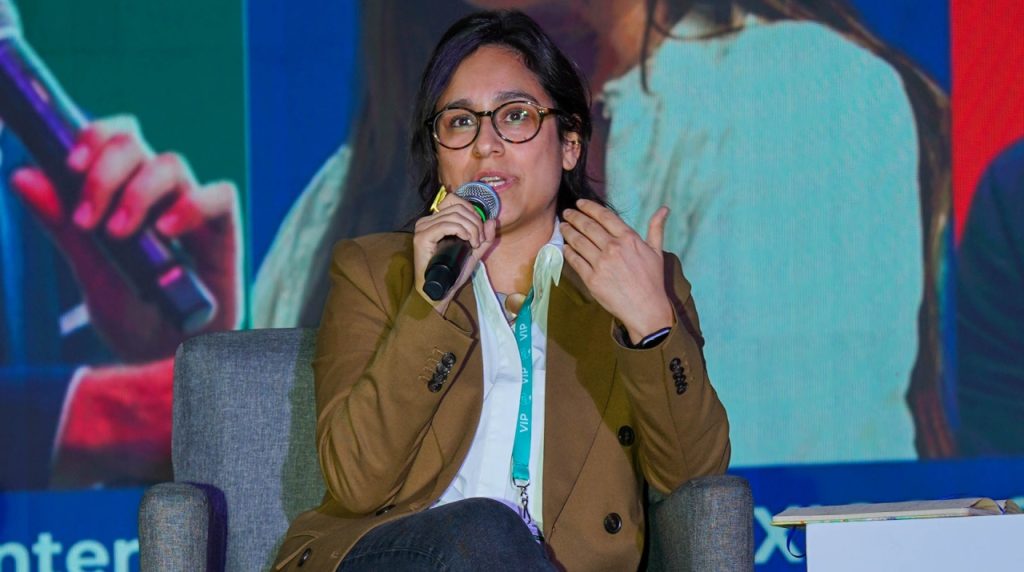
De la Torre applauded the efforts made by the private sector to drive the decarbonization process through innovation and key investments.
“There is a great opportunity in the transportation sector and one of the great challenges is access to financing,” she concluded.
Walmart’s Advances
Manolo Reynaud, Director of Sustainable Development and Public Policy at Walmart Mexico and Central America, explained that as a company they are not limited to mitigating their climate impact, but to achieving the goal of being a regenerative company.
“We want to have a net positive impact, that requires efforts and the goal is to 2040. Not only is it the right thing to do from an environmental point of view, it is possible to take it hand in hand with the competitiveness and profitability of the business,” he assured.
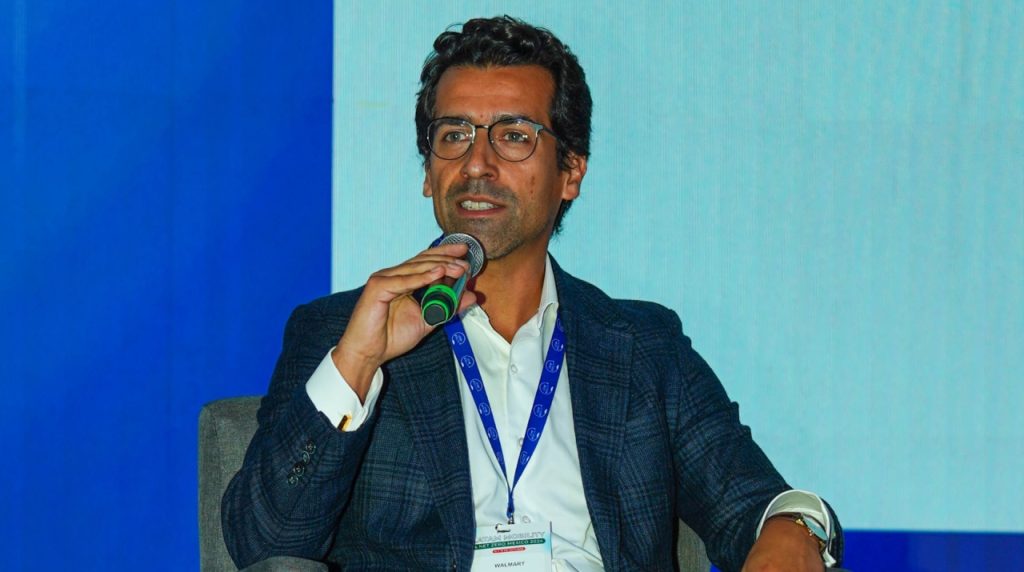
“We are convinced that as we create value for customers, investors and society in general, we will create and strengthen the business and create a virtuous circle,” Reynaud stressed.
He explained that Walmart’s main source of climate impact is refrigerant gases, which is why they are implementing different technologies with conventional gases.




